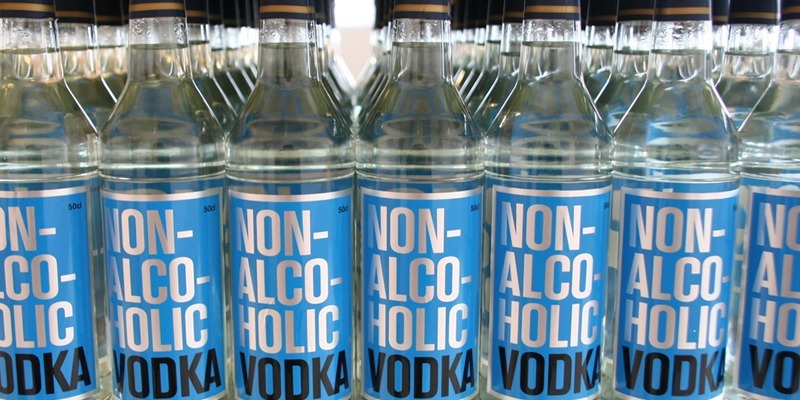Alcohol support workers have warned that the increasing price divide between drinking at home and in licensed premises is changing the drinking habits of Scots for the worse.
Leaders of two alcohol support groups have spoken of their fears that people will choose to take advantage of supermarket discounts and remain at home in unmonitored, unregulated surroundings to the possible detriment of their health.
Although the trend to have a drink or two before a night on the tiles is nothing new, Tayside Council on Alcohol and Fife Drug and Alcohol Action Team have both stated their concerns about a possible escalation in the practice, which could see people of all ages drink too much, too quickly, if the price gap widens.
With licensed premises having said for some time that they are struggling to compete with discount deals offered by large chain stores, last week’s VAT increase has helped to highlight the price differential even further.
Director of Tayside Council on Alcohol Frankie Claridge fears that a rise in alcohol abuse is increasingly likely, should more people feel forced to drink outside the regulated environment of licenced premises.
“It’s an uphill struggle,” she said. “Drinking is out of control and is not regulated.
“Having a one-off Christmas campaign is not enough and we have to get the drinks industry on board as well. It’s not just the government and professionals but everyone needs to look again.Tanked up at home”There’s a huge trend for getting tanked up at home before hitting the town. Before people were controlled by the amount of money in their pocket and if you fell off a bar stool then you would be thrown out.
“The law still states that it’s illegal to sell alcohol to an intoxicated person.”
The recent VAT increase has helped push the average price for a pint of beer over £3 in some parts of the country. While this may have grabbed the headlines, Mrs Claridge highlighted that spirits remain particularly popular among younger drinkers.
Concerned that many might not be aware of how much they are actually drinking, she said, “Vodka is still the spirit of choice as the taste depends on what you mix it with.
“What a lot of people are drinking is effectively strong cola and you can buy a bottle of vodka for £7. This is being done at empty houses with no parents.”
While the increase in prices at licensed premises has been noted with the recent VAT increase, huge concern remains at the price of bulk deals being offered in supermarkets and local stores.
Eric Corstorphine of Fife Drug and Alcohol Action Team believes that the low price of booze on shop shelves is impacting on drinking habits across the social and economic spectrum.
While it is often assumed that alcohol abuse is the preserve of the hard-up, Mr Corstorphine believes there is a real case to suggest our attitude toward drink is being changed by the prices we pay for it.
“A pint at £3.10 looks a lot more than a pint at £2.90 so it remains to be seen what effect it has,” he said. “If you’re going out you could stay at home and have more to drink there, which is bad news for the publican selling responsibly.
” But the problem is across the board. Professional workers that would have a bottle of wine with a meal are maybe opening a bottle when cooking the meal.
“It becomes a habit and it is affordable. It’s a gradual increase that people don’t really notice.”
A Scottish Government report published in October suggested that Scots’ relationship with the bottle is significantly worse than other UK countries, costing the nation between £2.48 billion and £4.64 billion every year.
In November MSPs passed an Alcohol Bill which aims to clamp down on drinks promotions in off-licences, with measures expected to be implemented by the spring.
Photo used under a Creative Commons licence courtesy of Flickr user .waldec.
